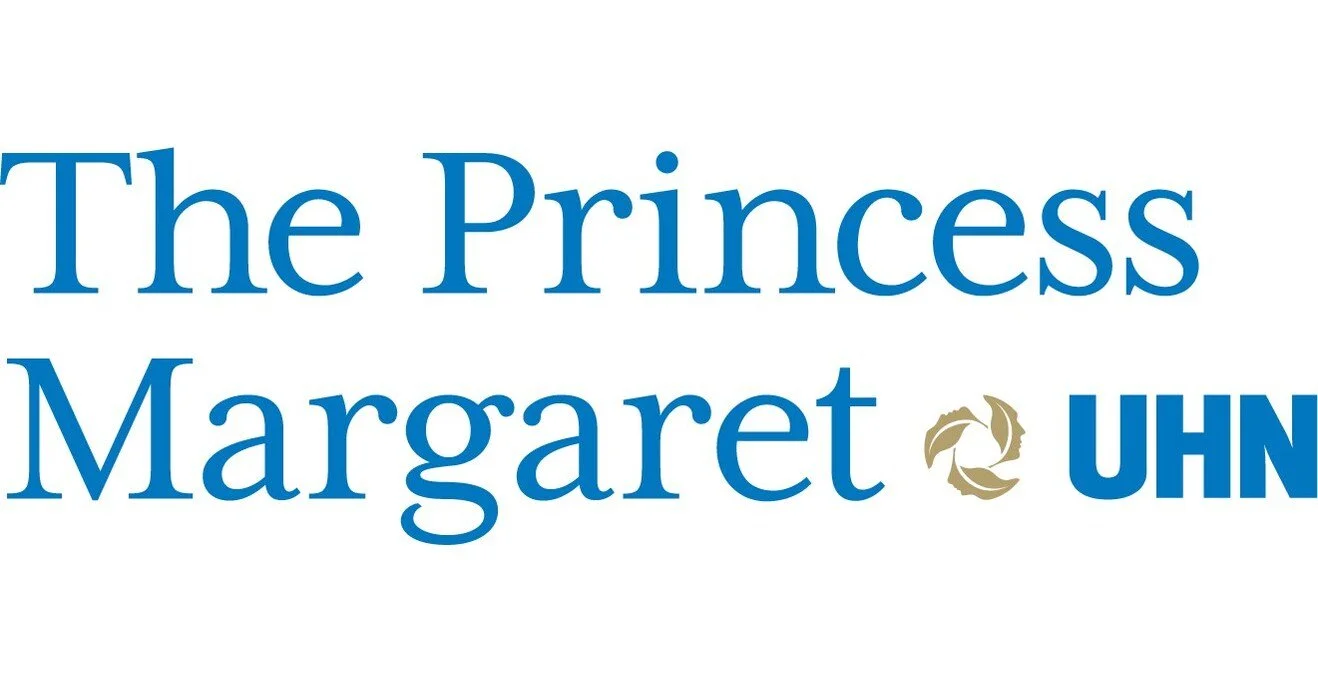
Fear of Recurrence Therapy
Fear of Recurrence Therapy (FORT) is a manualized and standardized therapist led group intervention. It consists of 6 weekly sessions of 90-120 minutes each and includes take-home assignments.
-
FORT is an intervention to manage fear of cancer recurrence. FORT has been empirically tested (Maheu, Lebel, et al., 2023) and is based on a blended theoretical model of fear of cancer recurrence (Lebel, Maheu, et al., 2014; 2018).
FORT aims at addressing key vulnerability factors such as internal and external triggers, exaggerated perceived risk of recurrence, hyper-focus on ambiguous physical sensations, maladaptive coping, uncertainty around cancer and its treatments or care, intolerance of uncertainty as well as beliefs the benefits of worrying about one’s health. It combines elements of group therapy, cognitive behavioral therapy and existential therapy.
-
Distinguish worrisome symptoms from benign ones
Identify triggers and inappropriate coping strategies
Facilitate the learning and use of new coping strategies such as relaxation techniques and cognitive restructuring
Increase tolerance for uncertainty
Promote the emotional expression of the specific fears that underlie fear of cancer recurrence
Re-examine life priorities and set realistic goals for the future
-
Individuals interested in accessing FORT as a participant should speak to their healthcare provider(s) about being referred to this program.
At this time, FORT is being offered on a limited basis in:
Ottawa, Ontario
Toronto, Ontario
Montreal, Quebec
Calgary, Alberta
St John’s, Newfoundland
-
Fear of Cancer Recurrence Therapy (FORT) Materials can be requested here.
-
Session overview
Session 1
Learning new skills to deal with fear of cancer recurrence
In the first session, we will describe a model that explains where fear of cancer recurrence likely comes from. We will also help you identify your triggers related to fear of cancer recurrence and we will teach you new coping skills. These skills include cognitive reframing and progressive muscle relaxation.
Session 2
Providing information on symptoms of cancer recurrence and increasing tolerance for uncertainty
In the second session, we will aim to reduce uncertainty related to fear of cancer recurrence by providing information. We will also help you accept and deal with the fact that uncertainty can never be completely eliminated. We will teach you another skill to deal with uncertainty; that is, calming self-talk.
Session 3
Building your coping skills
Session 3 aims to build your coping skills to enable you to have more control over fears and worries. An invited health care provider will give you information about your illness, its management and symptoms of recurrence. We will work with you to decrease your perceived need for control and your worry over your illness to be able to function well while living as a cancer survivor. We will discuss what would be an acceptable level of worry that would allow you to feel like you are vigilant and careful, yet still living meaningfully.
Session 4
Getting deeper in the underlying fears
This session focuses on helping you face your worst fears about your cancer returning. Often, just by talking through your worst fear, you can realize that the outcomes will not be as bad as you had imagined and/or that you can cope with the situation better than you thought possible.
Session 5
Moving beyond specific fears
In this session we continue to explore your specific and underlying fears around your cancer coming back and increase your sense of mastery. We will discuss what you can do to continue being engaged with important goals.
Session 6
Review and conclusion
In this session we continue to explore your specific and underlying fears around your cancer coming back and increase your sense of mastery. We will discuss what you can do to continue being engaged with important goals.
FORT has been offered in five Canadian clinical settings as part of an ongoing implementation study.
Thank you to our clinical partners!






